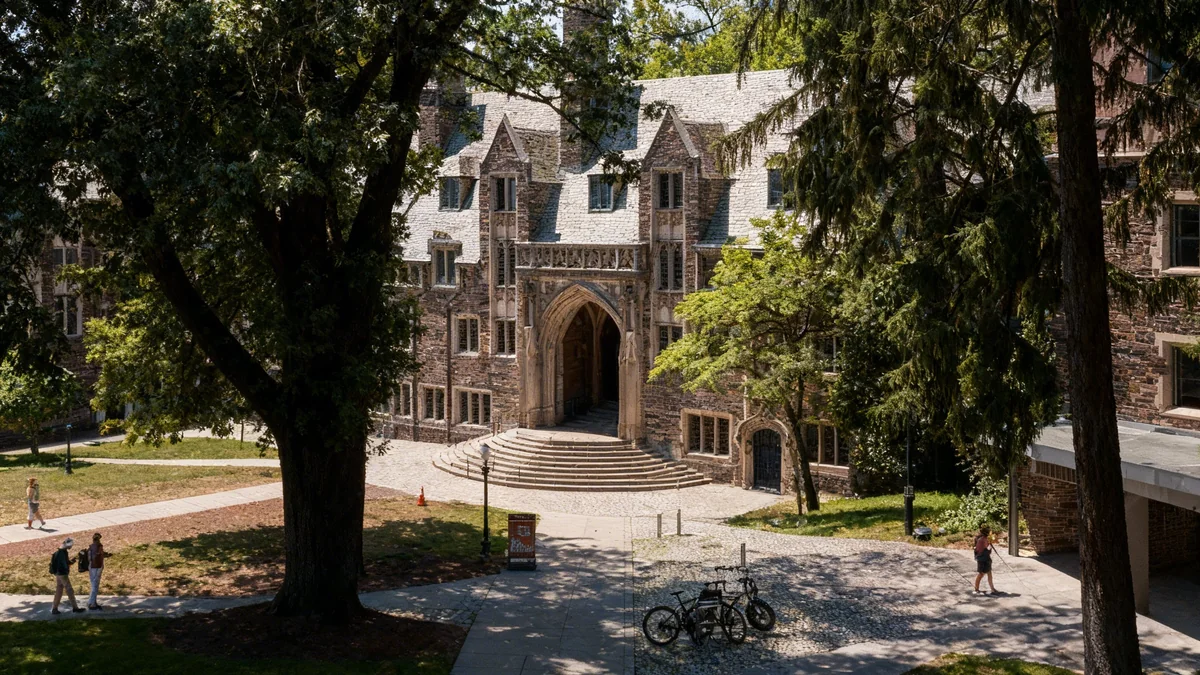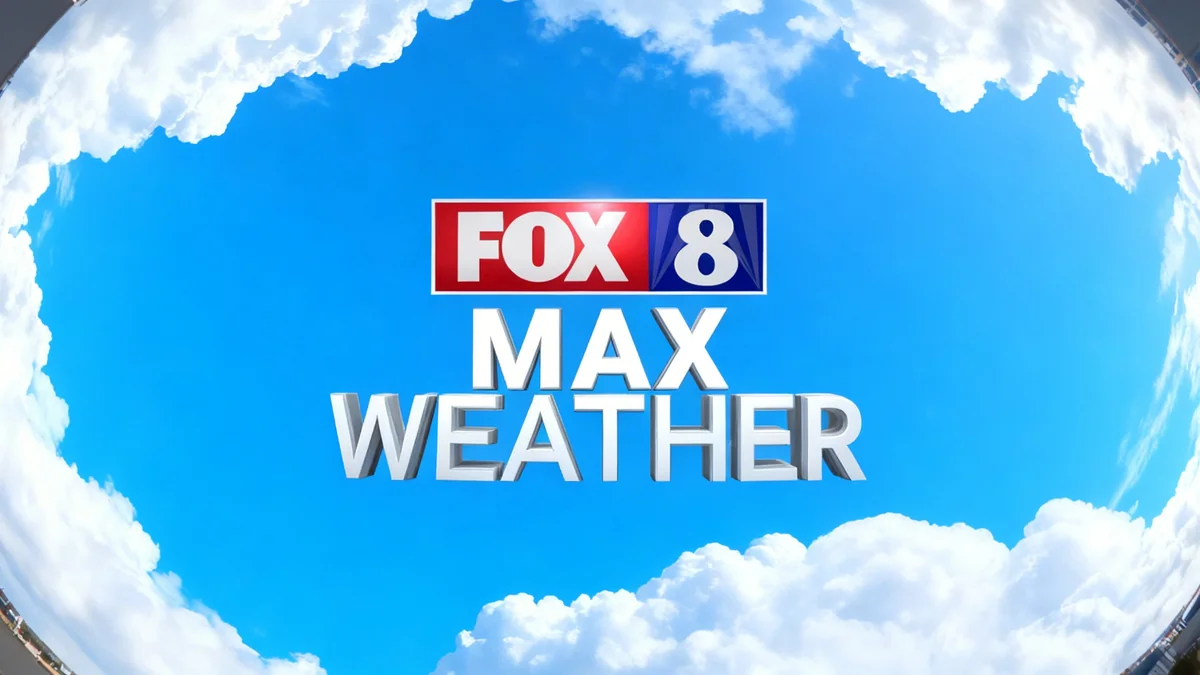Voters in Colorado have given their approval to two key ballot measures, Propositions LL and MM, designed to secure and expand funding for the state's universal free school meal program. The passage of these propositions will direct surplus tax revenue to the program and increase contributions from high-income earners to ensure its continuation and support other food assistance initiatives.
Key Takeaways
- Colorado voters are projected to pass Propositions LL and MM, which expand funding for the Healthy School Meals for All program.
- Proposition LL directs a $12.4 million tax surplus from 2022's Proposition FF into the school meal program instead of refunding it to taxpayers.
- Proposition MM will generate an estimated $95 million annually by reducing tax deductions for individuals earning over $300,000.
- The new funding aims to address program deficits and support the Supplemental Nutrition Assistance Program (SNAP), but faces criticism over long-term financial sustainability.
Expanding a Foundational Program
The two propositions build upon the Healthy School Meals for All (HSMA) program, which was established by voters in 2022 through Proposition FF. That initial measure created a system to provide free meals to all public school students, funded by limiting state income tax deductions for those earning $300,000 or more annually.
Following its implementation, the program generated an unexpected surplus of $12.4 million. Proposition LL directly addressed this surplus, asking voters to decide whether the funds should be retained for the HSMA program or refunded to the taxpayers who contributed it. The preliminary results show a clear preference for reinvesting the money into feeding students.
New Funding Through Tax Adjustments
Proposition MM goes a step further by seeking to create a more robust and permanent funding stream. The measure will significantly reduce the cap on state and local tax deductions for Colorado's top 6% of earners.
For single filers, the deduction limit will drop from $12,000 to $1,000. For joint filers, it will decrease from $16,000 to $2,000. This change is projected to generate an additional $95 million per year for the state, beginning in 2026. These funds are earmarked not only for school meals but also to provide support for the Supplemental Nutrition Assistance Program (SNAP).
By the Numbers: Proposition MM's Impact
- Projected Revenue: $95 million annually starting in 2026.
- Affected Taxpayers: Individuals earning over $300,000 per year.
- New Deduction Cap (Single Filers): $1,000 (down from $12,000).
- New Deduction Cap (Joint Filers): $2,000 (down from $16,000).
A Debate Over Sustainability and Responsibility
The passage of these measures has highlighted a significant divide among Coloradans regarding public funding and social programs. Supporters view the initiatives as a crucial investment in the well-being of children and families across the state.
"We really need to stick up for our community, we really need to watch out for our kids," said Destiny, a voter who supported both propositions, emphasizing the community responsibility to prevent child hunger.
However, opponents raised concerns about the growing tax burden and the efficiency of government spending. Jason Schenk, who voted against the measures, expressed a common sentiment among critics. "We’re already taxed enough," he stated, adding, "and I don’t think any of the funds that we’re putting in are going to good causes. Most of it’s getting wasted."
Concerns About Long-Term Viability
Beyond the immediate debate over taxes, some policy experts question the financial model of the HSMA program itself. The Common Sense Institute, a non-partisan research organization, has pointed to fiscal challenges that predate these new measures.
"This program has run deficits since it was first approved by voters and these measures instead of cutting some of the underlying costs, are asking taxpayers for more revenue to operate the program," explained Kelly Caufield, the executive director of the institute.
Background: The Healthy School Meals for All Program
The HSMA program was approved by Colorado voters in 2022. It made Colorado one of the first states to offer universal free school meals following the expiration of federal pandemic-era waivers. The program's goal is to reduce food insecurity, eliminate the stigma associated with free and reduced-price lunch, and improve student health and academic outcomes.
This perspective is even shared by some who ultimately voted in favor of the propositions. Voter Ben Gallegos Pardo acknowledged the need for a more sustainable plan but felt the immediate need to support children outweighed those concerns for now.
"I would agree that there does need to be some comprehensive work on long term solutions," he said, "but not at the cost of hurting people that need that."
With the projected passage of both LL and MM, state lawmakers will now be tasked with managing the expanded program and its new revenue streams. The focus will likely shift to implementation and addressing the underlying cost structures to ensure the program remains viable for years to come, fulfilling the voters' mandate to keep Colorado's students fed.





